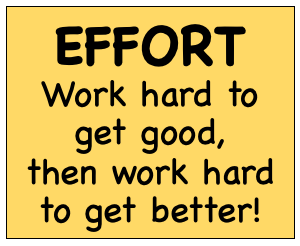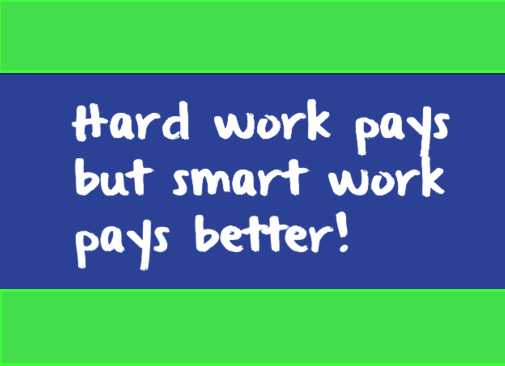An important issue requiring clarification is the difference between professional and developmental models of sport. Professional sport is a huge commercial enterprise, where the major objectives are directly linked to their status in the entertainment industry. The goals of professional sports are to entertain and to make money. Financial success is of primary importance and depends heavily on winning.
In a developmental model, sport is an arena for learning, in which the ultimate objective is to develop the individual. The most important product is not wins or dollars, but the quality of the experience for young athletes. In this sense, sport participation is an educational process whereby youngsters can learn to cope with realities they will face in later life. Although winning is sought after, it is by no means the primary goal. Profit is not measured in terms of euros and cents, but rather in terms of the skills and personal characteristics that are acquired.
Most youth sport programs are oriented toward providing a healthy recreational and social-learning experience for youngsters. They are not intended to be miniature professional leagues. Unfortunately, some coaches get caught up in the “winning is everything” philosophy that characterises much of our sport culture. This is not to say that coaches should not try to build winning teams, but some- times winning becomes more important for the coach than it is for the athletes. Winning will take care of itself within the limits of your athletes’ talents and the quality of instruction they receive. In your role as a teacher, it is important to recognise that skills are most likely to develop within a positive and happy relationship between you and your athletes. And while happy athletes don’t always win, they need never lose.
Young athletes can learn from both winning and losing. But for this to occur, winning must be put in a healthy perspective. More exactly, there is a four-part philosophy that Mastery Approach coaches communicate to their athletes.
Young athletes can learn from both winning and losing. But for this to occur, winning must be put in a healthy perspective. More exactly, there is a four-part philosophy that Mastery Approach coaches communicate to their athletes.
1. Winning isn’t everything, nor is it the only thing. Young athletes can’t possibly learn from winning and losing if they think the only objective is to beat their opponents. If youngsters leave your program having enjoyed relating to you and to their team- mates, feeling better about themselves, having improved their skills, and looking forward to future sport participation, you have accom- plished something far more important than a winning record or a league championship.
2. Failure is not the same thing as losing. Athletes should not view losing as a sign of failure or as a threat to their personal value. They should be taught that losing a game is not a reflection of their own self-worth.
3. Success is not equivalent to winning. Winning and losing apply to the outcome of a contest, whereas success and failure do not. How, then, can we define success in sports?
4. Athletes should be taught that success is found in striving for victory. The important idea is that success is related to commitment and effort! Effort is within athletes’ zone of control. They have complete control over the amount of effort they give, but they have only limited control over the outcome that is achieved. “You have no control over results. All you can do is play to the best of your abilities. Success is YOU giving everything that YOU have.”
The core idea in the Mastery Approach emphasises that success is achieved in striving to be your best. Thus, the focus is not on competing with others and trying to outdo them, but on developing one’s own abilities to the maximum. We saw this concept captured in John Wooden’s definition of success, and College Football Hall of Fame coach Frosty Westering expressed the same idea in this statement: “Doing your best is more important than being the best.”
If you can impress on your athletes that they are never “losers” if they commit themselves to doing their best and giving maximum effort, you are bestowing a priceless gift that will assist them in many of life’s tasks. When winning is kept in a healthy perspective, the most important coaching product is not a won-lost record; it is the quality of the sport experience provided for the athletes.
How can you teach a mastery-oriented philosophy of winning?
First, have regular discussions about it. You must continually remind athletes about the importance of effort. Second, back up your words with actions. In other words, don’t just talk about effort, do something about it! Third, help athletes set individualised goals specific to them, and encourage them to work toward them. If they’re working on a technical skill, try to find a way to measure their performance so they can see their improvement. Use praise and recognition to reward effort and improvement. Encourage effort and persistence, telling athletes that skills develop gradually, not all at once. In a mastery climate, the “most improved player” award is just as important as the “most valuable player.” Finally, convey to your athletes that mistakes are one of the best ways to learn, and that they needn’t fear making them.
John Wooden referred to mistakes as “stepping stones to achievement” because they provide the feedback needed to improve performance.
Contribution By Prof. Ronald Smith
END –
We always like to hear your opinions and views. If you feel you have something to say or content to share, please comment below or email me coach@thecoachdiary.com

